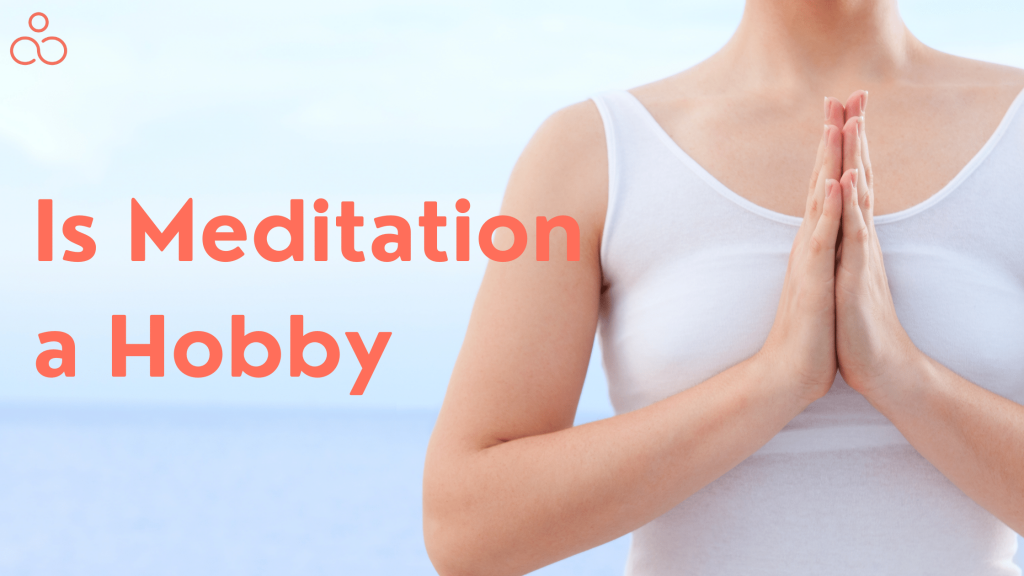If someone enjoys practising meditation as part of their leisure activities, then it is a hobby. But some individuals find it difficult to conceive the idea of meditation as a hobby as it is defined as the state of ‘being’ rather than ‘doing’. When asked about hobbies, the first thing that comes to mind are all kinds of active pursuits such as playing cricket, basketball or painting, listening to music etc. These activities do fall under hobbies but it is not necessary that all people will have active hobbies only.
Don’t miss our comprehensive article on the benefits on meditation, you will surely learn something from it. It is medically reviewed and backed up with scientific sources!
Is meditation a hobby?
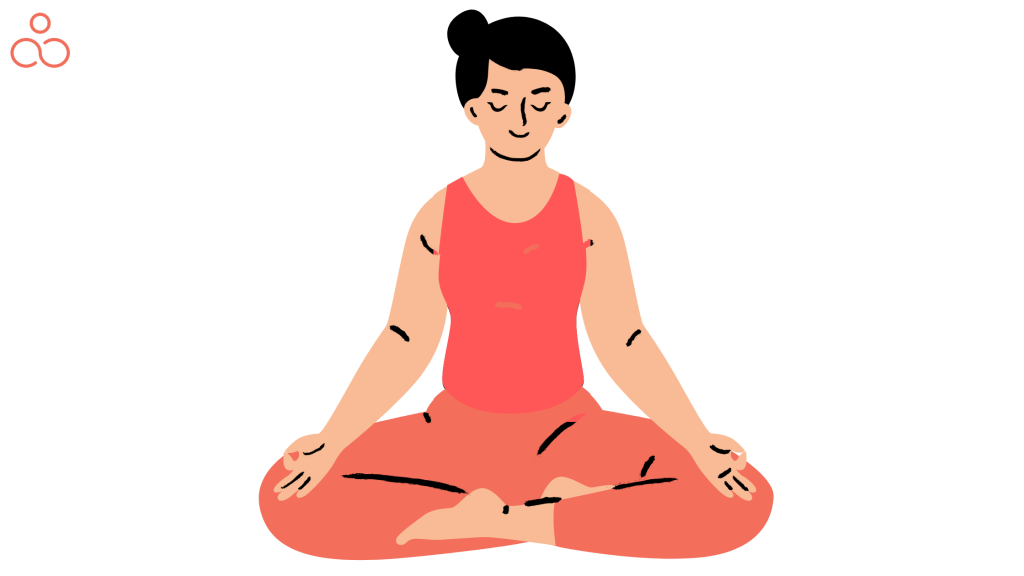
Following are some points which will make it easier to answer the question – “is meditation a hobby?”
- Hobby can be defined as something which brings enjoyment in one’s life or something which a person likes to do in his/her spare or free time. So, if some introspective activities such as meditation is done to spend some time, then it is no less than a hobby.
- A person who is regularly engaged in the practice of meditation, is said to have the capacity of self-analysis, and is committed to create a calm and balanced life. It even creates a positive link with the workspace which initially helps in reducing stress, increases focus, improves creativity, and even helps in greater conflict resolution.
- As meditation is not actually an “active” activity, some individuals believe it should not be determined as a hobby. Although I understand where some people are coming from on this, I am not sure if this is a fair assessment as hobbies are viewed as something people do in their spare time. One should consider discussing meditation with the people in their life if they have not already. This helps people to discover that it is easier to connect with others who also practise meditation as it is quite a fascinating topic. So basically, it can be said that meditation is a hobby.
Advantages of practicing meditation as a hobby
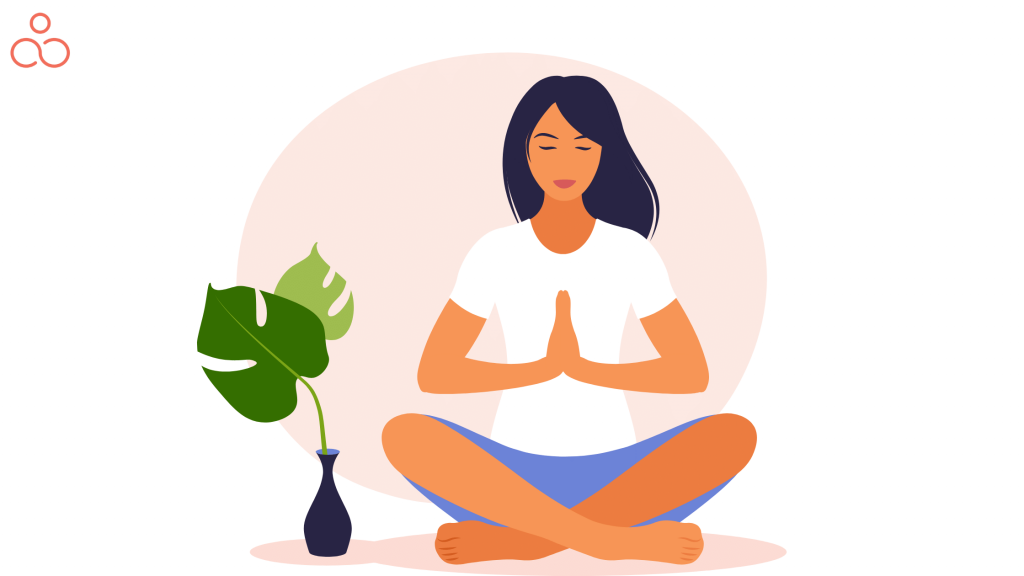
Beginning as an interest, regular practice develops meditation into a hobby or habit, and finally it becomes a way of life. Many people begin meditating as a result of a friend, relative, or medical expert recommending it. Perhaps, they might read or hear about it somewhere. In any case, individuals are interested because they believe meditation could be the answer to their issues, such as anxiety, stress, or insomnia. When people initially start meditating, it is neither a lifestyle nor a habit. But if they make a commitment to practise it on a daily basis, then after a few weeks it can become a habit or what we can call a hobby. Meditation develops into a habit because we experience the advantages for ourselves, which is supported by the scientific evidence that it takes 66 days on average to build a new habit. Here are some advantages which justifies why meditation is a hobby
- Increases concentration: We learn to be present in the moment through meditation. Hence, frequent meditation helps to increase concentration in daily life as well as during the process.
- Improves immune system: The immune system’s performance can be greatly enhanced by participating in an intensive meditation retreat. Besides this, meditation may be very helpful in the treatment of many disorders.
- Relieves stress and anxiety: Anxiety decreases with less stress. Hence, meditation aids in lowering anxiety as well as associated mental health problems like social anxiety, phobias, and compulsive behaviour.
- Boosts Mental activity: The benefits of meditation extend to both the body and the mind. In fact, studies have demonstrated that doing morning meditation makes it simpler to let go of pain and fear. Moreover, meditation boosts mental activity and improves focus and attention.
- Brings Positivity: People might start noticing that they are more composed overall and it becomes easier for them to handle certain events without becoming anxious as they once did. They are motivated to continue practising meditation as it has positive impacts on their lives.
- Improves Personality: Most people even start making major adjustments to their lifestyle choices after practising meditation for a while, such as eating healthier or getting up earlier. There are several changes even in the personality of a person.
- Controls Emotions: The ability to regulate emotions can be improved by mindfulness meditation. In actuality, the practice of meditation boosts positive emotions while decreasing negative ones. As a result, it gradually shifts to a favourable overall state.
Directive Vs Non-Directive Meditation
Now, as we know that there are several benefits of practicing meditation, let us look into the two common types of meditation and the differences between them.
| Parameters | Directive | Non-Directive |
| Definition | Directive meditation is used to describe a style of meditation in which the mind is completely concentrated on one thought, object or sound. | With a relaxed focus of attention, nondirective meditation techniques are used, allowing naturally occurring ideas, images, feelings, memories, and emotions to develop and pass without restriction. |
| Process | When practising this kind of meditation, the person may shut out all other thoughts and activities, including external sounds and movements, due to their single-minded focus. | During this type of meditation, the singular focus allows the person to block out all other thoughts or activities, such as surrounding noises or actions. |
| Purpose | To achieve a relaxed state of mind all noises are eliminated in this process. | To achieve a relaxed mind, pleasant sounds are included in this process |
| Effectiveness | During this type of meditation the activity almost remains the same. | The area of the brain responsible for processing thoughts and feelings associated to oneself was more active during non-directive meditation |
Tips on how to meditate and the precautions to be taken!
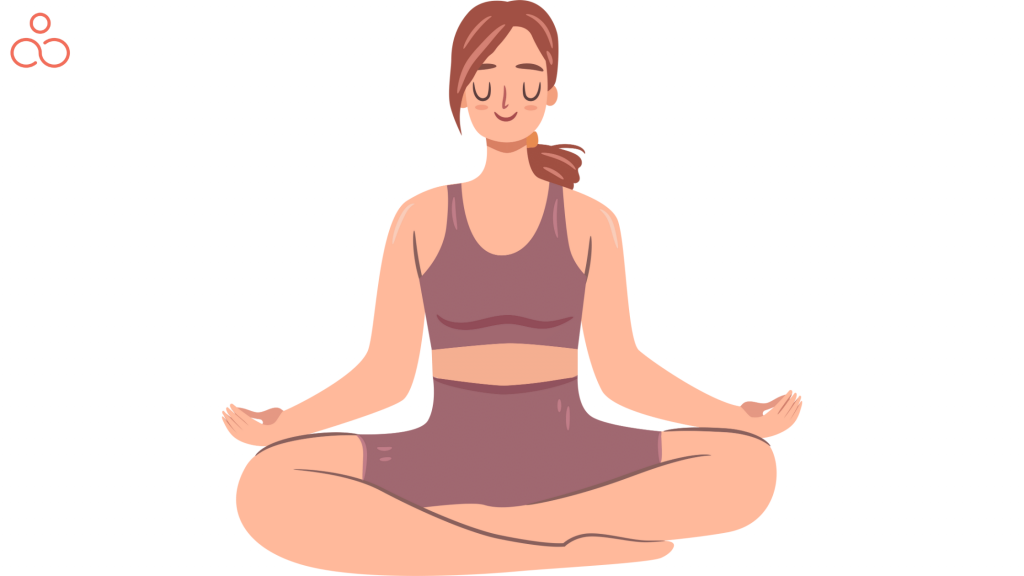
Some of the tips and precautions to be taken care of are:
- Natural Breathing: Meditation is mainly about focusing on the breath. If a person cannot focus on the breath and lets all sorts of thoughts pop into their heads, then it cannot be called an effective or mindful meditation session. So, it is very important to first learn how to focus on natural breathing.
- Ideal Position: It is important while meditating that one finds a good and comfortable position. One should not force themselves to sit upright all the time. Meditation can be done sitting or even while sleeping or in whichever position a person is comfortable.
- Finding a good location: A calm and peaceful environment promotes effective meditation sessions. It is difficult for a person to meditate with all sorts of noises, so it is important that he/she finds a good location before starting the session.
- Fixing a time: Before starting to meditate, it is very important to fix a timing. When meditation is done on fixed timing then it becomes a healthy habit and helps the person to maintain a balance in their personal as well as professional lives.
- Be present in the moment: Always be sure of what you are going to do after practicing meditation in order to keep the mindfulness within. It can be either taking a shower, having a nutritious breakfast, going to work or any other daily chores.
According to the ancient Vedic writings, meditation is a form of awareness training that causes consciousness to expand beyond the everyday experience of duality. It is a unifying experience that lessens stress while enhancing the inner faculty’s capacity for creativity and effectiveness. This exercise is performed without the use of the mind to guide the action.
Ultimate Purpose of Meditation
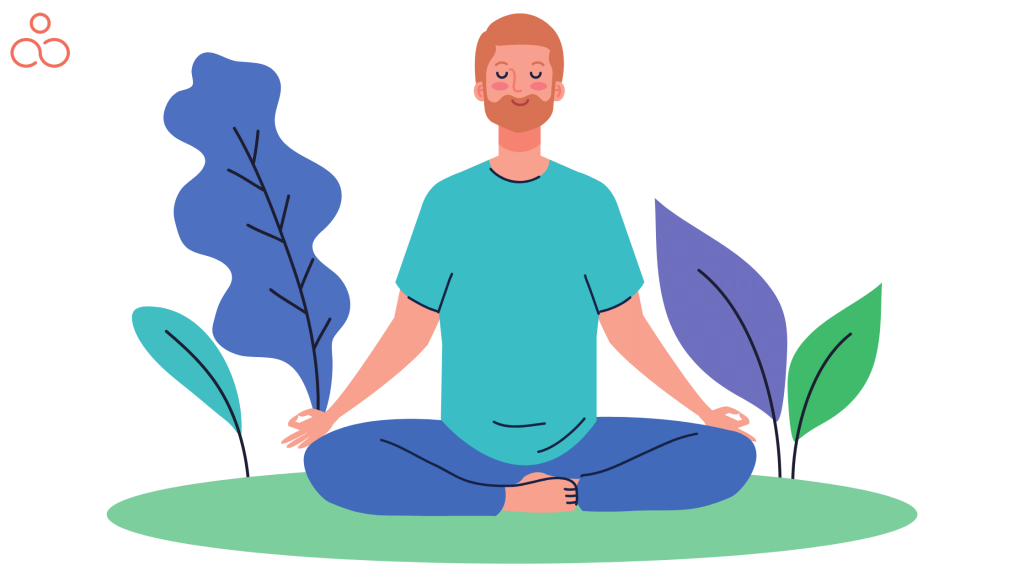
When meditation is practiced in the correct way, it helps us to disconnect ourselves from the busy work life and focus on ourselves. It mainly tries to bring some form of eternal bliss in a person’s life. It fosters well-being and allows us to lower our unwanted expectations from life and teaches us to find happiness in our day-to-day activities.
All of us want to live contented, joyful lives. The majority of us seek happiness from outside sources like relationships, success, recognition, and other financial things. This may work when things go our way, but if we rely on events outside of our control to make us happy, we’re setting ourselves up for failure because these events are constantly shifting.
Meditation does not aim to purge one’s mind of unpleasant or negative feelings. Instead, it aids in raising your awareness of the confusion associated with being alive and teaching you how to deal with it. Every day, we are all faced with thousands of opposing notions, so it’s important that we avoid defining or judging ourselves in terms of certain beliefs.
FAQs
Why should one meditate regularly?
When meditation is practised regularly, it helps to keep focus and maintain inner serenity. It helps a person to bring a sense of calm and balance in their lives and he/she is also able to connect with their thoughts and ideas in a much easier way.
Is meditation better than other hobbies?
It is not that one activity can be replaced by the other, but meditation is a mindful activity which is much more effective in maintaining a balance in a person’s work world. When meditation is practised as a hobby, it doesn’t make the body sore and one doesn’t feel tired as well.
Can meditation be called a spiritual activity?
Essentially, meditation is a form of spirituality. Because meditation involves tuning into one’s higher spiritual nature, whether intentionally or unintentionally, the entire practice is one that promotes spiritual growth. The greatest way to approach meditation is therefore in a good, spiritual manner. Likewise, when you first start out, do not hold out hope for tremendous achievements. Even the simple act of practising meditation has many advantages.
How to start meditating for the very first time?
Meditation can be started any time. One should just set a regular timing which is appropriate for him or her and grab all the things that are required and most importantly find a nice place to practice mindful meditation. One can also begin with guided meditation as well to get the idea of how it is actually done.
What is the best way of practising meditation?
The best way of practising meditation is to do it mainly in a seated position and in a calm and peaceful environment. It is beneficial to focus on just one thing while meditating, be it your own thoughts or the sounds in the background or your own breath.
Can I include meditation in my job profile?
Yes, you can definitely include meditation in your job profile. The employers are just trying to get a complete picture of who you are, so it is completely fine to include meditation as one of your interests.
Why is there a confusion in understanding if meditation is a hobby or not?
Most people do not consider meditation as a hobby because it is not an active activity and they think that only those activities can be considered as hobbies which include movement in the body. But it’s not always like this because if a person enjoys meditation in his/her free and spare time then it can definitely be called a hobby.
Can meditation make you feel high?
When they first start meditating, many individuals are shocked by how effective it may be. Following some practice, meditation produces emotions of serenity, relaxation, and occasionally even bliss. Because of this “natural high,” you are better able to control your emotions and get through difficult circumstances.
Conclusion
People who lead very busy lives turn to meditation as the best way to decompress and give their minds a break. Today, a large number of people all around the world practise meditation as a leisure activity. Hence, it is crucial to understand that meditation is a hobby so that everyone who practises it or aspires to practise it can do it with knowledge.
So, let’s begin meditating and start enjoying the little moments in life which can bring immense happiness and joy to us.

